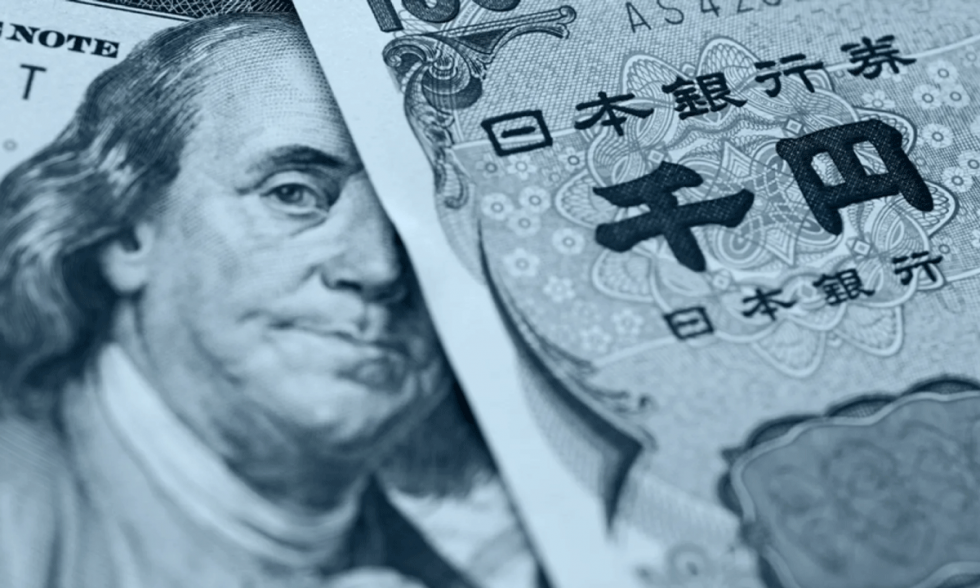Reputation and Communication: The Strategic Intangibles Driving Global Business Success in 2025
In today’s global business landscape, reputation is no longer a peripheral concern. It has become a fundamental asset that influences everything from brand perception to stock market performance. In 2025, companies that manage their reputation proactively enjoy greater market access, higher valuations, and stronger stakeholder relationships.
Corporate reputation is built through consistent actions aligned with a company’s stated values. Any mismatch between what a company says and what it does can damage trust and create reputational risks with long-lasting consequences. A strong reputation also helps firms weather crises, improve talent acquisition and retention, and stand out in increasingly competitive markets.
Communication as a Strategic Function
Once considered part of marketing or PR departments, corporate communication has evolved into a core component of business strategy. It shapes public perception, manages stakeholder expectations and plays a central role in brand differentiation.
Strategic communication is particularly crucial in a digital age defined by immediacy and transparency. Companies must engage with audiences through multiple platforms and respond quickly to reputational threats or misinformation. Authenticity, clarity, and consistency are essential in building long-term trust.
Firms that have elevated communication to a strategic function—and embedded it within executive decision-making—are better equipped to build influence, lead narratives and shape public discourse in their favor.
Intangible Assets, Measurable Impact
Despite being intangible, corporate reputation and communication generate tangible benefits. Studies increasingly show that organizations with a solid reputation experience faster revenue growth, improved access to capital and lower employee turnover. In financial markets, intangible assets such as brand equity can account for over 50% of a company’s total value.
For investors, a positive reputation signals sound governance, strong leadership and reduced risk. For customers, it builds emotional connection and loyalty. And for employees, it creates a sense of pride and belonging. In sum, reputation and communication are not just soft assets—they drive measurable business outcomes.
Ethical Leadership and Corporate Culture
Trust in a brand is often a reflection of trust in its leadership. In a world where CEOs are increasingly expected to take public stances on social, environmental and political issues, leadership ethics play a central role in reputation building.
At the same time, corporate culture acts as the internal engine that drives external perception. Companies that align their culture with their purpose and values are better positioned to deliver consistent, credible communication. They also benefit from a workforce that becomes a powerful ambassador for the brand.
A transparent and inclusive culture, reinforced by ethical leadership, provides resilience in times of crisis and enhances stakeholder trust over time.
Technology and Reputation Management
The integration of technology into reputation management is transforming how companies monitor, analyze and respond to public sentiment. With tools like AI-powered sentiment analysis, companies can track media coverage, social media mentions and stakeholder feedback in real time.
This data-driven approach enables early detection of reputational threats and provides insights to refine messaging. AI also allows for hyper-personalized communication, enhancing relevance and engagement with key audiences.
As reputational risks grow more complex, technology becomes essential for maintaining agility, transparency and alignment between brand promise and stakeholder perception.
Sustainability and the Social License to Operate
Sustainability has emerged as a cornerstone of corporate reputation. As stakeholders demand greater accountability, businesses must go beyond compliance and demonstrate genuine commitment to social and environmental goals.
A company’s “social license to operate” increasingly depends on how it contributes to society, reduces its carbon footprint, and treats its employees. Firms that embrace sustainability and communicate it transparently are more likely to attract impact investors, environmentally conscious consumers and purpose-driven employees.
Reputation is no longer shaped solely by product quality or marketing campaigns—it is defined by corporate behavior, values and contributions to the public good.
Stakeholder-Centric Reputation Strategy
A successful reputation strategy requires engaging all relevant stakeholders—customers, employees, shareholders, regulators, and communities. Each group holds different expectations, and addressing them with tailored messages is key to building trust.
This stakeholder-centric approach goes beyond traditional communication. It involves listening actively, co-creating solutions and maintaining open, two-way dialogue. Companies that embed stakeholder engagement into their governance and reporting frameworks can better anticipate concerns and adapt their strategies accordingly.
This inclusive model builds reputational capital over time, ensuring the brand is seen as responsive, responsible and forward-thinking.
The Global Perspective: Reputation as a Growth Catalyst
In the international business arena, reputation plays a crucial role in market expansion and cross-border partnerships. Emerging markets, in particular, look to reputation as a signal of credibility and long-term commitment. For multinationals, managing reputation across diverse cultural and regulatory environments requires cultural sensitivity and global coordination.
Corporate communication teams must adapt their messaging to local nuances while maintaining global brand coherence. This balance between localization and consistency is essential for protecting reputation and unlocking new growth opportunities abroad.
In a world where global crises, geopolitical tensions and misinformation can quickly alter perceptions, a strong, adaptable reputation strategy is a company’s best defense.
Moving Forward: From Brand Value to Trust Capital
In 2025 and beyond, reputation and communication are no longer optional—they are mission-critical. They serve as trust capital in a volatile world, anchoring the company’s license to operate and innovate. Leaders who understand their strategic importance and invest in these intangibles will be better equipped to navigate disruption and lead with purpose.
Trust is the foundation of every successful organization, and in an age of constant scrutiny, it must be earned and maintained every day. Through authentic communication, ethical leadership and stakeholder engagement, companies can transform intangible assets into long-term competitive advantages.
Source: Cinco Días
Related Articles

ChatGPT’s strategic prompts are reshaping entrepreneurial education by enabling the creation of automated, high-revenue business models without traditional employee structures. This trend highlights the growing role of AI as both an instructional and operational tool for founders and business learners.
Todos los derechos reservados



Comentarios